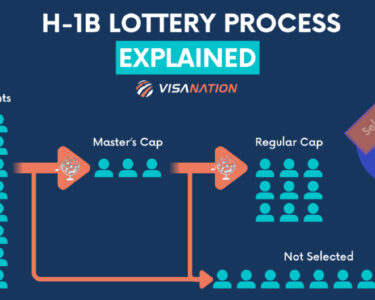In the world of networking and software development, certain IP addresses hold particular significance. One such address is 127.0.0.1:49342. This article aims to provide a comprehensive understanding of what 127.0.0.1:49342 represents, its applications, technical intricacies, and future prospects.
Understanding 127.0.0.1:49342
The IP address 127.0.0.1 is commonly referred to as the loopback address, which allows a device to send network packets to itself. It’s often used for testing and troubleshooting purposes in networking. Port 49342, on the other hand, is a specific endpoint within this loopback address, enabling local communication between applications running on the same device.
Common Applications and Uses
Many software developers and IT professionals encounter 127.0.0.1:49342 in various applications. For instance, development environments often use this address for local API testing or debugging. In industries like cybersecurity, it serves as a secure channel for analyzing potential vulnerabilities within closed systems.
Technical Deep Dive
To delve deeper, understanding the protocols and configurations associated with 127.0.0.1:49342 is crucial. Typically, it operates under the TCP/IP stack, facilitating reliable data transmission within a single device. Developers configure applications to listen on port 49342 for incoming connections, enabling efficient data exchange without network overhead.
Benefits and Limitations
The primary advantage of leveraging 127.0.0.1:49342 lies in its convenience for local testing and development, reducing dependencies on external servers. However, its limitations arise when scalability and real-world network scenarios come into play. Applications designed solely for local use may encounter challenges when deployed in production environments.
Future Trends and Developments
Looking ahead, advancements in virtualization and containerization technologies are likely to influence the usage of 127.0.0.1:49342. As software development trends towards microservices and cloud-native architectures, the role of local loopback addresses may evolve to support distributed system testing and deployment.
Also Read More Shrug Emoji
Conclusion
In conclusion, 127.0.0.1:49342 remains a fundamental tool in the arsenal of developers and network administrators alike. Its versatility in facilitating local communication and testing makes it indispensable in today’s fast-paced software development landscape. By understanding its nuances and staying abreast of technological advancements, professionals can harness its full potential to innovate and optimize their workflows.
Frequently Asked Questions (FAQs)
- What does 127.0.0.1:49342 mean?
- 127.0.0.1 is the loopback address on IPv4, commonly used to refer to the local machine itself. Port 49342 is a specific endpoint within this address, facilitating communication between applications running on the same device.
- Why is 127.0.0.1:49342 important in software development?
- It’s crucial for testing and debugging applications locally without relying on external servers. Developers often use this address to simulate network conditions and ensure their software functions correctly in isolated environments.
- How can I use 127.0.0.1:49342 in my development projects?
- Depending on your application, you can configure it to listen on port 49342 for local connections. This setup allows you to test APIs, web services, or other network-based functionalities within your development environment.
- Are there security implications when using 127.0.0.1:49342?
- Generally, traffic to 127.0.0.1 (localhost) doesn’t leave the local machine, reducing exposure to external threats. However, it’s essential to implement proper security measures, especially if dealing with sensitive data or when deploying applications to production environments.
- Can 127.0.0.1:49342 be accessed from external networks?
- No, 127.0.0.1 is reserved for loopback purposes and cannot be accessed from external networks. It’s designed to facilitate internal communication within a single device.
- How does 127.0.0.1:49342 differ from other localhost addresses?
- While 127.0.0.1 is the most commonly used loopback address, other addresses in the 127.0.0.0/8 range (like 127.0.0.2, 127.0.0.3, etc.) serve similar purposes. Port 49342 specifically designates a unique endpoint for local communications.
- What are some troubleshooting tips for issues related to 127.0.0.1:49342?
- Ensure your application is correctly configured to listen on port 49342. Check firewall settings to allow local traffic. Debugging tools like packet sniffers or network monitors can help diagnose communication issues.






